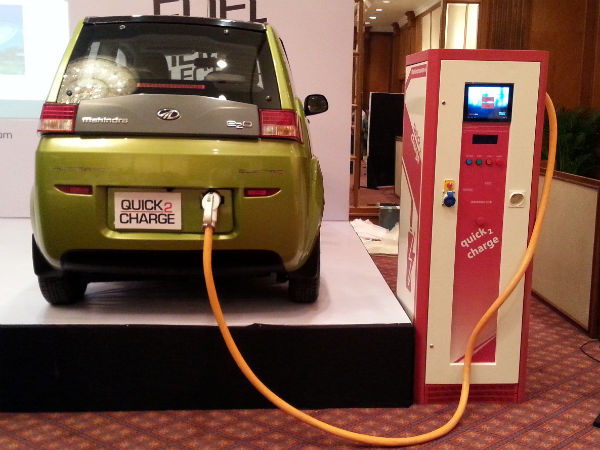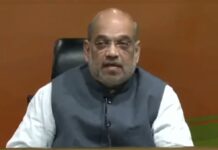Automobile industry body The Society of Indian Automobile Manufacturers (SIAM) has proposed all new vehicle sales in our country to be pure electric by 2047 and the same for intra-city public transport fleet can be implemented by 2030. SIAM authority has made this proposal in the White Paper on Electric Cars submitted to the central government in line with the vision of Modi Government.
In a proposal, submitted to the central government, the SIAM also said it is aiming at 40-45 % of new vehicle sales in the country to be pure electric by 2030. On Wednesday they also presented a roadmap for the complete shift from diesel/ petrol vehicle regime to electric vehicle regime. The authority also recommended that 60% of all new vehicle sales in the country should employ green technologies and other alternative fuels by the year 2030.
From a technological point of view they said, “To ensure smooth phasing in of pure electric vehicles and to sustain the transition to cleaner diesel/ petrol fuel vehicles, the internal combustion engine up-gradation must continue over the next 1-2 decades. Progressively fossil fuel vehicles will be an essential stepping stone on this journey towards 100% electric vehicle regime. And finally, all new vehicle sales should be the electric vehicle by 2047”.
However, just a few months ago former power minister Mr. P Goyal had in April this year said: “The idea is that by 2030, not a single cleaner fuel vehicle should be sold in India.”
Proposing hundred percent pure electric vehicles — battery electric and fuel cell – after the 100 years of India’s Independence in 2047, SIAM clearly outlined a roadmap for the proposal which includes 60% of new vehicle sales in the country to employ greener technologies like hybrids and other alternative fuels for the vehicle by 2030.
SIAM President Mr. Abhay Firoda said, “To implement this proposal, the industry, the govt. and various stakeholders need to collaborate and invest with 100% commitment”. He also said, “To ensure a smooth transition and phasing in of pure electric cars and to sustain the transition to cleaner fossil fuel vehicles, the internal combustion (IC) engine up-gradation must continue over the next few decades”.
He also outlined that the proposed policy measures in the paper will be needed for creating a robust market and manufacturing ecosystem for electric cars in our country and this policy must be sustained to remain stable over time to enable the industry to commit to investments with 100 percent confidence.
He emphasized that nature wise the policy should be necessarily adaptive in view of the fast-evolving technology for the transition from fuel oil to electric. He added, “And obviously, at the same time, there must not be sudden changes to implement this proposal so as to allow outcomes in a planned manner and to ensure that the necessary transition takes place with minimum disruption which may have socio-economic impact in terms of industrial growth in India, employment of people in the auto industry”.




